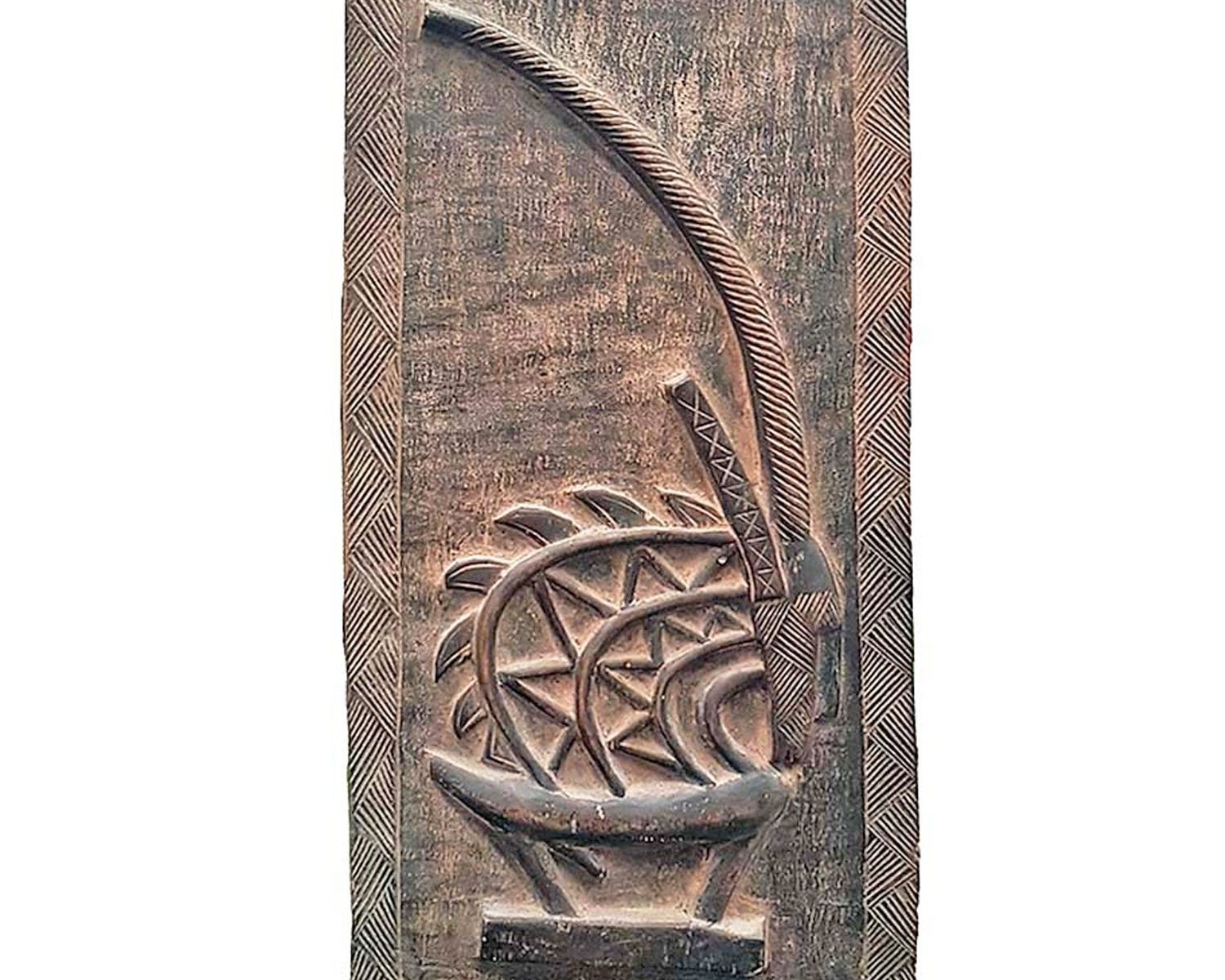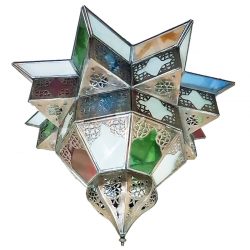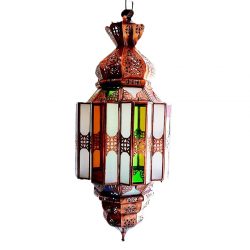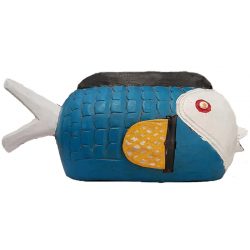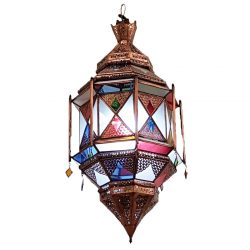Description
Chiwara Door Bambara Mali
A Chiwara (also Chi wara, Ci Wara, or Tyi Wara;
Bambara: ciwara; French: tchiwara) is a ritual object
representing an antelope, used by the Bambara ethnic
group in Mali. The Chiwara initiation society uses
Chiwara masks, as well as dances and rituals associated
primarily with agriculture, to teach young Bamana
men social values as well as agricultural techniques.
The Dogon people of Mali are known the world over
for their creation of Chiwara Door Bambara Mali.
The doors of Mali have various uses in
their society; firstly as the physical closure to their granaries.
Secondly, they are created and exchanged as gifts for birthdays,
marriages, tokens of luck and rites of passage bequests.
Thirdly, when used as a part of the architecture, as a door or shutter,
in a private abode, through the use of symbols they are used
to describe the occupation of the person or that person’s
persona or status in the village. Lastly, it served as a sign to taxpayers,
letting them know which form of payment was accepted in the adjoining building.
The symbolic styling of the doors can vary
Pairs of breasts, representing femininity and fertility are usually found.
Village dancers wearing the famed rabbit-eared Walu mask or
the tall Kanaga headdress typically underline the bottom of the door.
The Kanaga masks are worn by members of the Awa Society who
dance on the roof of the deceased in order to lead the soul (nyama)
to its resting place as well as defending the survivors from the
harm a wandering soul might inflict upon them. A herringbone pattern
can often be found running down the sides of the door representing
the vibration of water and light. The door latch is surmounted by one
or two larger figures who are members of the famed founding primordial couple.
Other themes include but are not limited to village scenes,
warriors on horseback, animal figures, gecko lizards which represent luck,
large crocodiles which denote power and rows and rows of raised
Dogon ancestor figures that all resemble each other.

